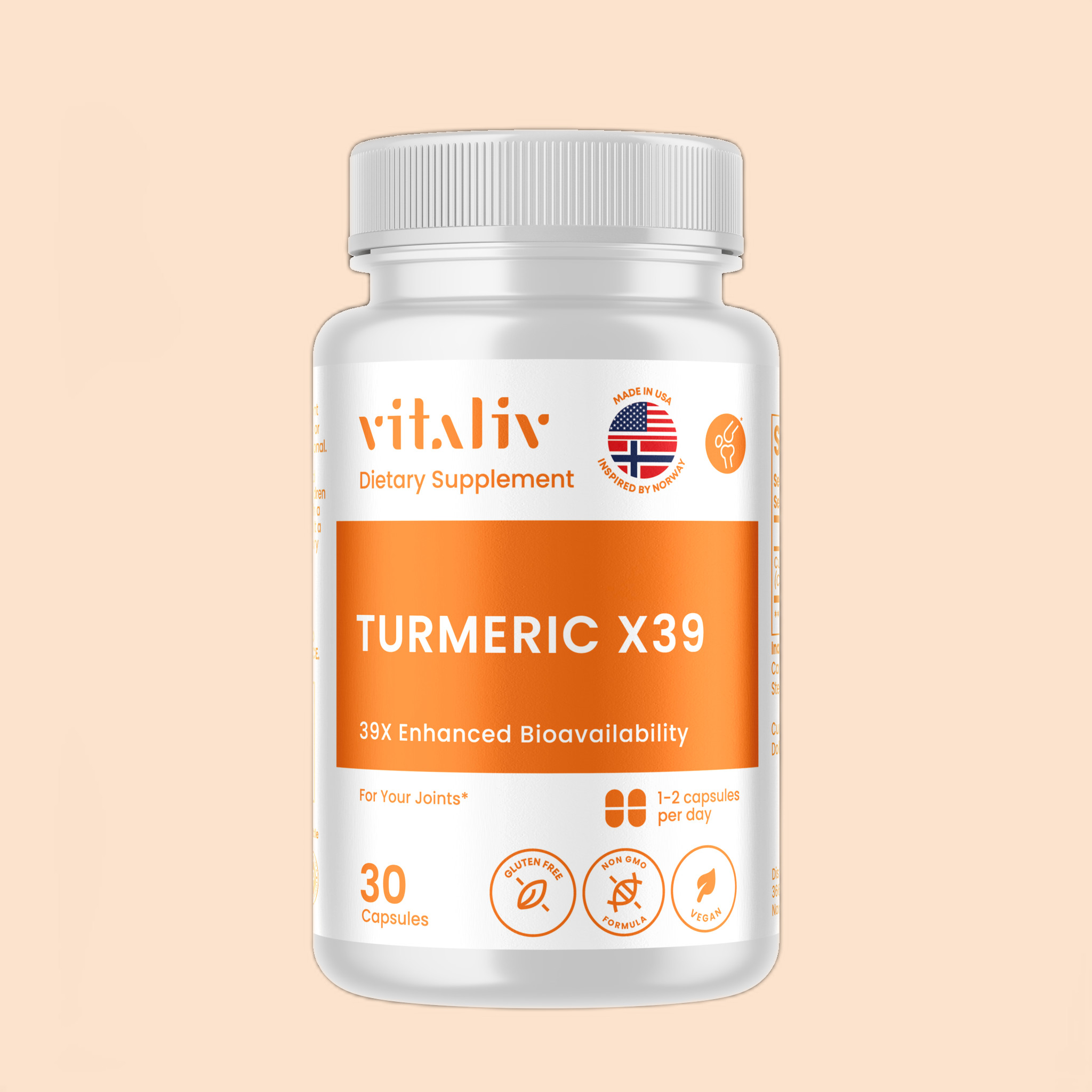Curcumin and Joint Health: What the Research Says
Joint pain and arthritis can significantly impact daily life, making it essential to explore effective and natural solutions for pain relief. One such natural remedy that has gained increasing interest is curcumin, a compound found in turmeric. In this article, we will delve into the role of curcumin in joint health and discuss the scientific research supporting its potential benefits for individuals struggling with joint pain and arthritis.
Understanding Joint Pain and Arthritis
Joint pain and arthritis are common conditions that affect millions of people worldwide. They can be caused by various factors, including age, injury, inflammation, and autoimmune disorders. The symptoms can range from mild discomfort to severe pain, stiffness, and reduced mobility.
To effectively address joint pain and arthritis, it is crucial to understand the impact they have on daily life. Simple tasks like walking, climbing stairs, or even holding a cup can become challenging and painful. This is why finding effective solutions for pain relief is essential.
The Role of Curcumin in Joint Health
Curcumin is a natural compound found in turmeric, a spice commonly used in Indian cuisine. It is known for its vibrant yellow color and distinct flavor. However, curcumin’s benefits extend beyond its culinary uses.
Product Spotlight
Aggregate Rating
Our Rating
Turmeric X39 is a breakthrough for joint health. With its powerful Curcugen formula, it offers maximum absorption, relieves joint inflammation, supports healthy joints and cartilage, boosts the immune system, and provides antioxidant support. Say goodbye to joint discomfort and embrace vitality!
Anti-Inflammatory and Antioxidant Properties
One of the key reasons curcumin has gained attention in the field of joint health is its potent anti-inflammatory and antioxidant properties. Inflammation plays a significant role in joint pain and arthritis, and curcumin has shown promising results in reducing inflammation.
Curcumin works by inhibiting various molecules involved in the inflammatory process, such as cytokines and enzymes. It also acts as an antioxidant, neutralizing harmful free radicals that contribute to joint damage.
Alleviating Joint Pain and Inflammation
Several studies have investigated the effects of curcumin on joint health, and the results are encouraging. Research has shown that curcumin can help alleviate joint pain and inflammation in individuals with arthritis. It has been found to reduce pain intensity, improve joint function, and enhance overall quality of life.
Scientific Research on Curcumin and Joint Health
Numerous scientific studies and clinical trials have explored the effects of curcumin on joint health. These studies have provided valuable insights into the potential benefits of curcumin for individuals struggling with joint pain and arthritis.
Findings and Evidence
A study published in the Journal of Medicinal Food found that curcumin supplementation significantly reduced joint pain and stiffness in individuals with osteoarthritis. Another study published in the journal Phytotherapy Research showed that curcumin was as effective as a non-steroidal anti-inflammatory drug (NSAID) in reducing pain and improving physical function in individuals with knee osteoarthritis.
Incorporating Curcumin into a Joint Health Routine
If you are considering incorporating curcumin into your joint health routine, here are some practical tips to help you get started:
-
Curcumin Supplements: Curcumin supplements are widely available and can be a convenient way to ensure you are getting a consistent dosage. Look for supplements that contain piperine, a compound that enhances curcumin absorption.
-
Turmeric in Meals: You can also add turmeric to your meals to increase your curcumin intake. It pairs well with various dishes and can be used in soups, stir-fries, curries, and even smoothies.
-
Dosage and Frequency: The appropriate dosage of curcumin can vary depending on the individual and the specific condition. It is best to consult with a healthcare professional to determine the right dosage and frequency for your needs.
Other Natural Approaches for Joint Health
While curcumin shows promise in supporting joint health, it is important to adopt a holistic approach. Here are some other natural approaches that can complement curcumin’s effects:
-
Regular Exercise: Engaging in regular exercise can help strengthen the muscles around the joints, improve flexibility, and reduce pain. Low-impact exercises like swimming, cycling, and yoga can be particularly beneficial.
-
Maintaining a Healthy Weight: Excess weight puts added stress on the joints, leading to increased pain and inflammation. Maintaining a healthy weight through a balanced diet and regular exercise can help alleviate joint discomfort.
-
Balanced Diet: A diet rich in fruits, vegetables, whole grains, and lean proteins can provide essential nutrients for joint health. Foods like fatty fish, nuts, and seeds that are high in omega-3 fatty acids can also help reduce inflammation.
Conclusion
In conclusion, curcumin holds promise as a natural remedy for joint pain and arthritis. Its anti-inflammatory and antioxidant properties make it a valuable addition to a joint health routine. However, it is important to consult with a healthcare professional before starting any new supplement regimen. By adopting a holistic approach that includes regular exercise, maintaining a healthy weight, and a balanced diet, individuals struggling with joint pain and arthritis can find hope and relief.
References:

